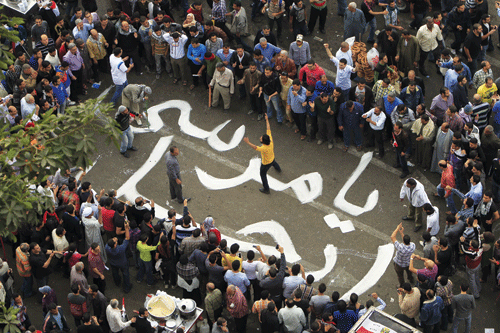Dalia Rabie
Dalia brings a pragmatic perspective and a straightforward approach to her journalism, infused with humor and wit. Over the past eight years, she has matured as a journalist and editor, passionately telling community stories and highlighting vital developmental issues. As the society editor for Daily News Egypt, she addressed social challenges; at Egypt Independent, she untangled political and social matters. At Mada Masr, she continues this meticulous approach as an editor and reporter.

